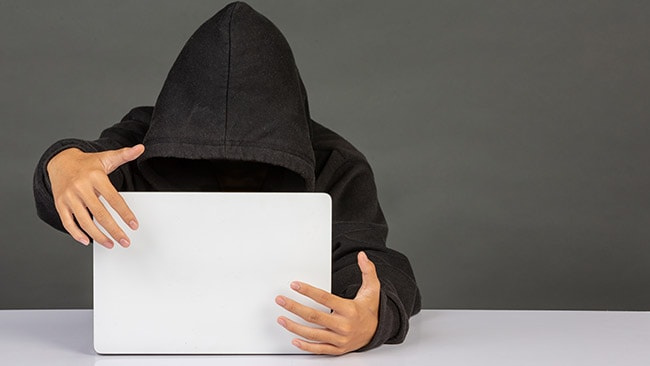It is not just big corporations that are at risk of having their personal information stolen or monitored without authorization. As the capabilities of the web continue to expand, as does the availability for hackers to breach information, especially personal data as it is more valuable and these people generally work with a monetary incentive. It is time that security and protection are taken more seriously when roaming the internet and this does not just apply to businesses, individuals are at not free from risk.
To provide you with some more in-depth information on how to protect yourself, it is important to know what exactly you are at risk of. A data breach refers to any incident of private or confidential information being accessed without authorization. These can be performed by hackers who are carrying out a cyberattack to gain personal information, which could include financial data such as bank information, card details, bank transactions, and balance. Consumers are at risk of these attacks primarily for this reason- for hackers to gain financial information- and there are different methods in which they attempt to achieve this…
-
Ransomware – This particular form of hacking involves hackers accessing your personal information by demanding money to return it to you and it is uncommon that paying will ensure your data is retrieved. This can be especially damaging to bigger businesses as opposed to individuals, but it is not unheard of them to target less established targets to make some money.
-
Phishing – More common with everyday internet users. Individuals are more commonly targeted in large groups and receive emails that appear to be from legitimate businesses but include malicious links that download viruses or infected software into your device.
Virtual Private Network (VPN)
These are a couple of many dangers users are at risk when using the internet, but there is a precaution that can be taken to make your usage safer. A VPN – virtual private network – will allow you to access the internet under any internet connection, but to do so privately by redirecting traffic and not disclosing where your connection is located. This means it is not possible for people to know where you are located; keeping you safe when browsing the web and lessening the chances of you become a target of an attack. A VPN will also allow you to protect yourself from snooping by the government or your internet service provider, who may sell it on to a third party. It can also allow you to protect yourself from insecure public wifi by remaining active no matter where you are connected and grant you access to content online that’s blocked to your home country by appearing to be from elsewhere – and much more.
Especially now that we live in such a technologically-dependent time, internet use on all devices, primarily smartphones, has become second nature to the majority of the population. You can get a VPN for your phone, as well as for your computer, to keep you safe on all devices. Internet mobile usage is rapidly becoming the most popular device to use when it comes to browsing the web, so protecting your activity on it should be a top priority, just as much as your laptop, if not more as phones are used to access online banking and personal information more so than computers.
As mentioned above, a VPN will not only increase your online safety from hackers and disguise the true location of your IP address, but it can also allow you to roam the internet with fewer restrictions, primarily geographical ones. Some businesses/websites add limits on content and allow access to users depending on their IP location. A VPN allows you to change or hide your true address and have unhindered access to this content as you wish.
A VPN is affordable and simple to set up, all you need to do is pick the provider that best suits your security needs – from many options – and download it to your device, whether that be a desktop, tablet or smartphone (Android or iPhone). They differ in price depending on the provider you choose but on average will cost you no more than $3-$4 each month. There are also free versions available, but we do not advise you to go down this route as they could be more inclined to sell on your information just as your service provider might, so it is best to pay that little bit extra to ensure you are as secure as possible.
It is important to keep in mind that a VPN is very legal in the US, but if used for illegal activity, your provider is obligated to provide the police with your information upon request, therefore it does not keep your activity private when misused. Anything that would be illegal to do over the internet without a VPN is still against the law to do so with a VPN.

 !
!